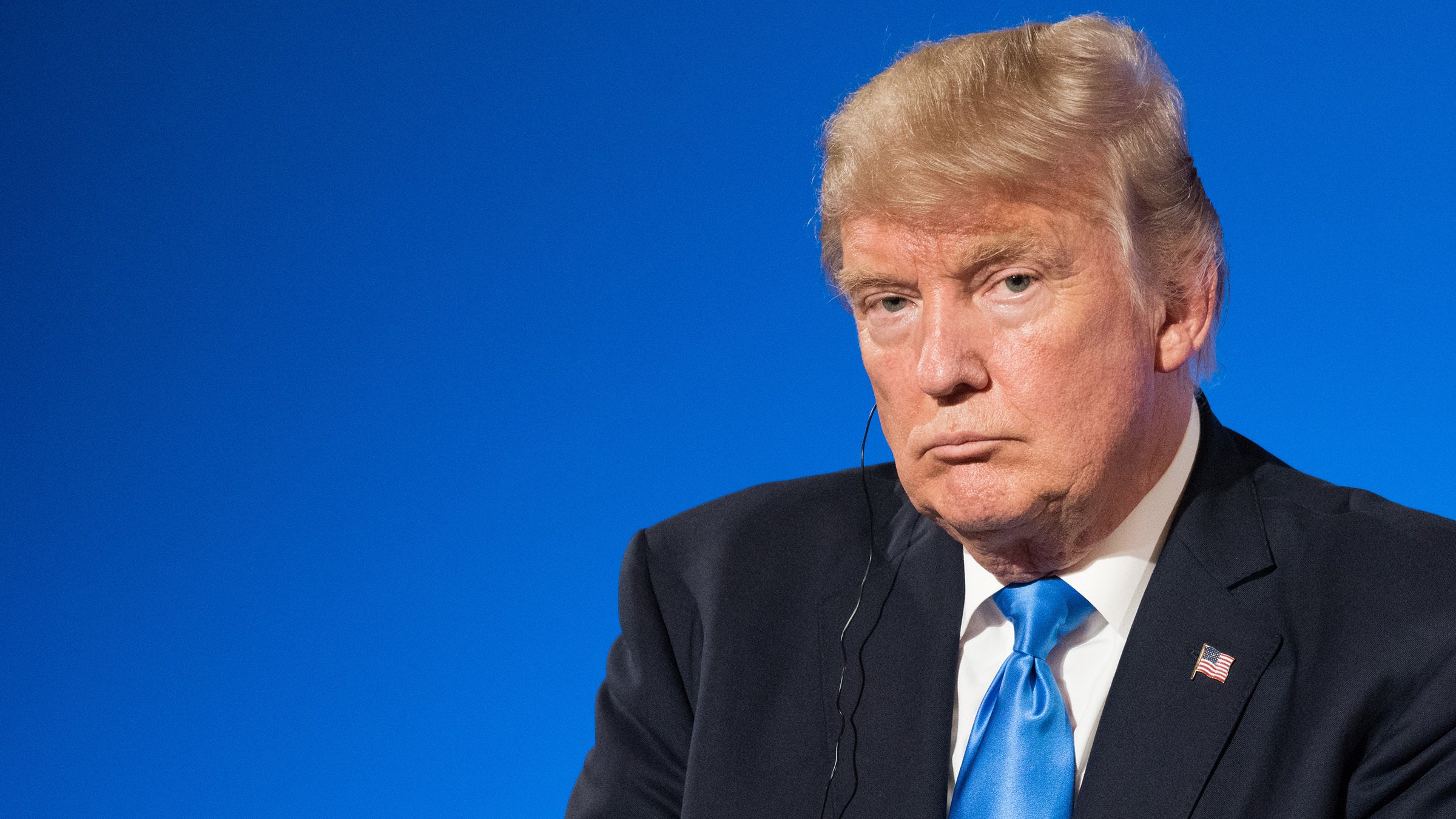Vitalik Buterin Claims Ethereum’s Decentralization Surpasses Bitcoin
- Vitalik Buterin claims Ethereum is more decentralized than Bitcoin despite the discourse around the high cost of ETH staking.
- Ethereum’s decentralization is bolstered by an increasing number of independent validators.
- A crucial detail is the tradeoff between maintaining a low staking threshold and managing a high number of validators.
Explore how Ethereum’s decentralized nature stacks up against Bitcoin, the impact of its staking strategy, and key insights from co-founder Vitalik Buterin.
Vitalik Buterin Defends Ethereum’s Decentralization
Vitalik Buterin, Ethereum’s co-founder, provides a detailed analysis of Ethereum’s decentralization compared to Bitcoin and other blockchain networks. Speaking at ETHCC in Brussels, Buterin highlighted the decentralized nature of Ethereum, noting that Bitcoin’s mining power is heavily concentrated in a few mining pools.
Independent Validators Empower Ethereum
Buterin argued that Ethereum’s robustness lies in its extensive network of independent validators. While two Bitcoin mining pools control 50% of its computing power, Ethereum’s validator base is more diverse. The Lido staking pool alone comprises 37 different validators. This diversity enhances Ethereum’s resilience, offering benefits such as a multi-client ecosystem and a broad user base across several jurisdictions.
The 32 ETH Staking Threshold: A Double-edged Sword
Buterin also touched upon the contentious topic of Ethereum’s staking threshold. Since Ethereum transitioned to a Proof-of-Stake (PoS) consensus model following the Merge, its staking requirement of 32 ETH has been a point of debate. While the threshold aims to balance the network’s security and accessibility, lowering it significantly could lead to a massive influx of validators, potentially increasing the network’s overhead.
The Tradeoff Between Threshold and Validators
Vitalik Buterin explained that if Ethereum reduced its staking threshold to 4 ETH, the number of validators could spike to around 8 million, imposing additional operational complexities. Thus, Ethereum strives to strike a balance, optimizing its staking requirements while enhancing the ease of running a node.
Blockchains as Truth Machines
In a related development, Buterin described blockchains as “truth machines” that ensure consensus on the timing of transactions. This trust in transaction sequencing, however, contrasts with broader existential truths, indicating the need for complementary tools to verify comprehensive claims. Blockchains excel in certain verifiable aspects but are not omnipotent.
Conclusion
Vitalik Buterin’s insights shed light on the complexities of maintaining a decentralized blockchain network. Ethereum’s strategic approach to staking and validator participation underscores its commitment to decentralization. As the ecosystem evolves, ongoing improvements are anticipated to further enhance both security and accessibility, fortifying Ethereum’s position in the crypto landscape.






